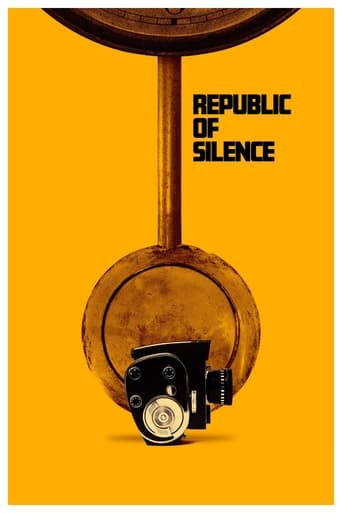
11 Aug 2022

Republic of Silence
They grew up in the land of dictators and surveillance, where images are censored, photos are burned, thoughts are discreet, and mouths are kept shut. They grew up in Syria.
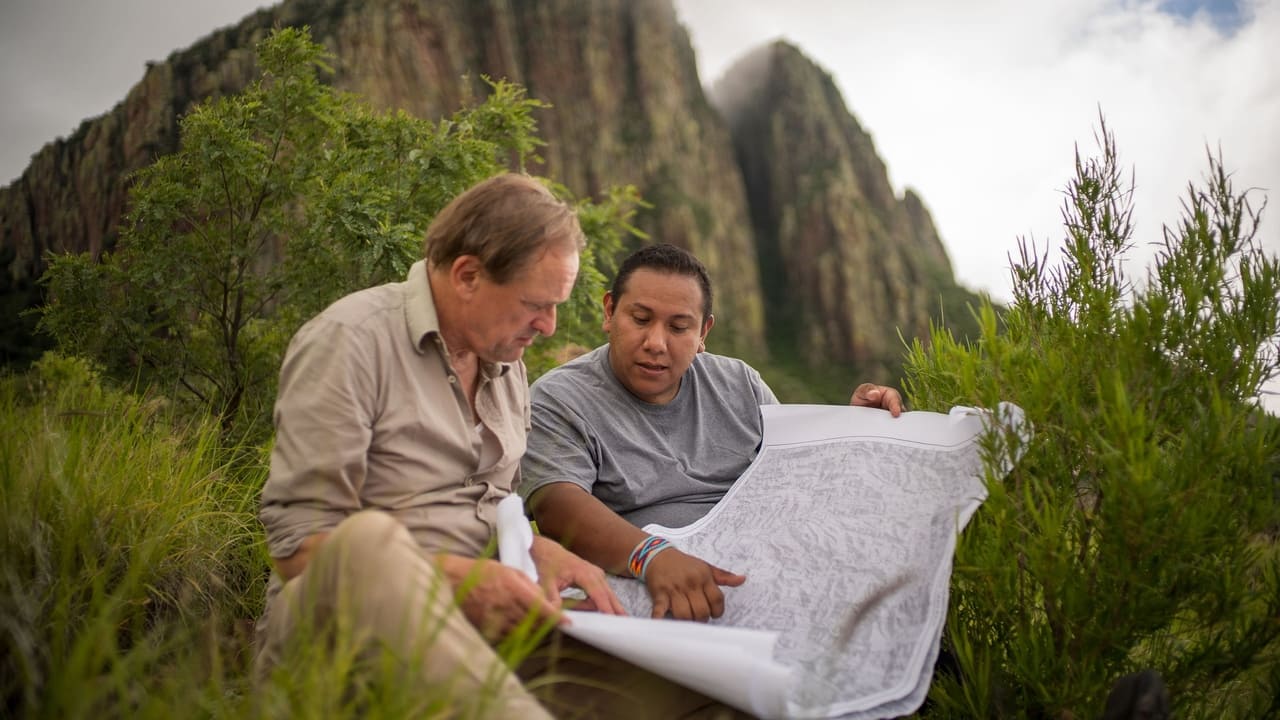
The curse of the explorer
A Danish writer travels to Mexico with the purpose of locating a mysterious Apache tribe that fervently seeks to remain in obscurity.
Self
Self
Self
Self
Self
Self
Self
Self
Self
Self
Self
Self
Self (voice)
Self
Self
Self
Self (archive footage)

11 Aug 2022

They grew up in the land of dictators and surveillance, where images are censored, photos are burned, thoughts are discreet, and mouths are kept shut. They grew up in Syria.

15 Nov 2021

A tribute to Italian filmmaker Sergio Corbucci (1926-90), presented by American filmmaker Quentin Tarantino.
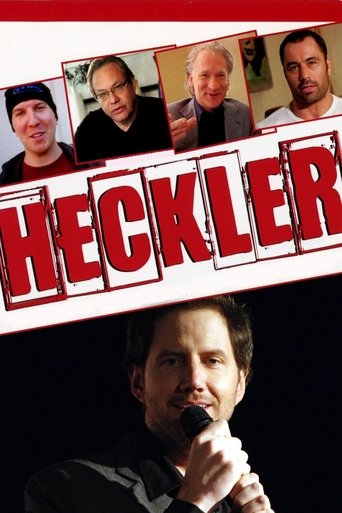
04 Nov 2007

HECKLER is a comedic feature documentary exploring the increasingly critical world we live in. After starring in a film that was critically bashed, Jamie Kennedy takes on hecklers and critics and ask some interesting questions of people such as George Lucas, Bill Maher, Mike Ditka, Rob Zombie, Howie Mandel and many more. This fast moving, hilarious documentary pulls no punches as you see an uncensored look at just how nasty and mean the fight is between those in the spotlight and those in the dark.
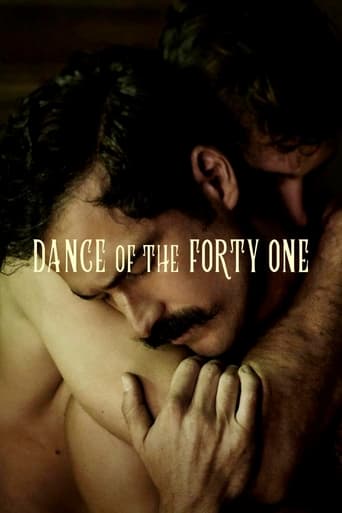
19 Nov 2020

Mexico City, November 1901. The police raid a private home where a secret party is being held. Among those attending is the son-in-law of President Porfirio Díaz.
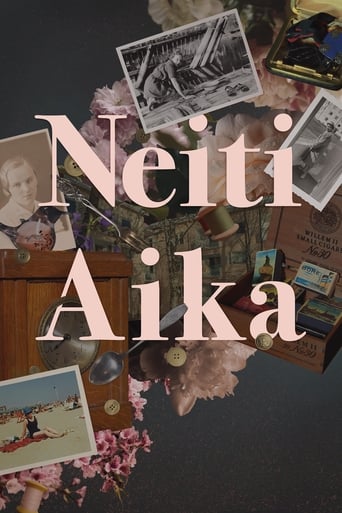
21 Aug 2020

Sirkka-Liisa died alone with no one left to miss her. Elina happened to buy her home after her death and ended up with all Sirkka-Liisa's possessions from books to photos. What would happen If Elina threw all her things away?

20 Dec 1991

Follows the investigation into the assassination of President John F. Kennedy led by New Orleans district attorney Jim Garrison.
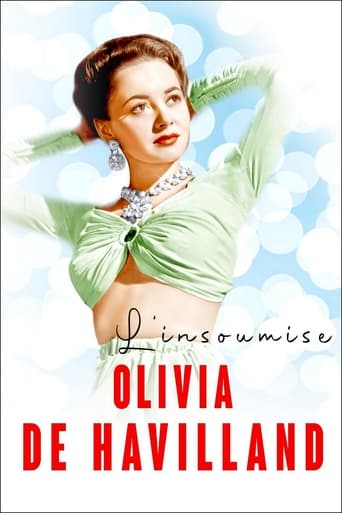
02 Jul 2021

The legendary British-American actress Olivia de Havilland (1916-2020), who conquered Hollywood in the thirties, challenged the film industry when, in 1943, she took on the all-powerful producer Jack Warner in court, forever changing the ruthless working conditions that restricted the essential rights and freedom of artists.

08 Feb 2019

The first American space station Skylab is found in pieces scattered in Western Australia. Putting these pieces back together and re-tracing the Skylab program back to its very conception reveals the cornerstone of human space exploration.
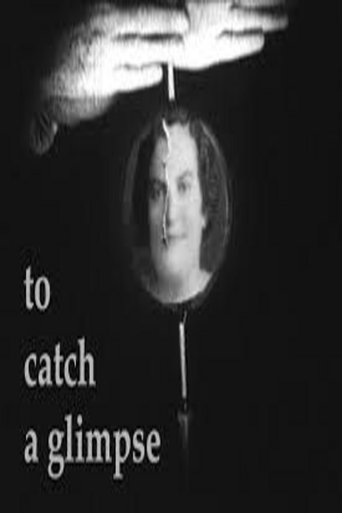
01 Jan 1997

A film that delves into director Jean Carlomusto's family history by trying to find out if the rumors about her grandmother's death -- trying to rid herself of an unwanted pregnancy in 1939 -- are true.
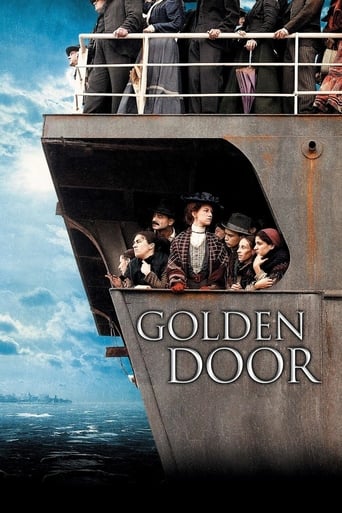
22 Sep 2006

The story is set at the beginning of the 20th century in Sicily. Salvatore, a very poor farmer, and a widower, decides to emigrate to the US with all his family, including his old mother. Before they embark, they meet Lucy. She is supposed to be a British lady and wants to come back to the States. Lucy, or Luce as Salvatore calls her, for unknown reasons wants to marry someone before to arrive to Ellis Island in New York. Salvatore accepts the proposal. Once they arrive in Ellis Island they spend the quarantine period trying to pass the examinations to be admitted to the States. Tests are not so simple for poor farmers coming from Sicily. Their destiny is in the hands of the custom officers.

29 Aug 2002

The director explores the birth origins of actress Merle Oberon, traveling to Tasmania and India in search of the truth, but her quest ultimately results in probably more questions than it answers.
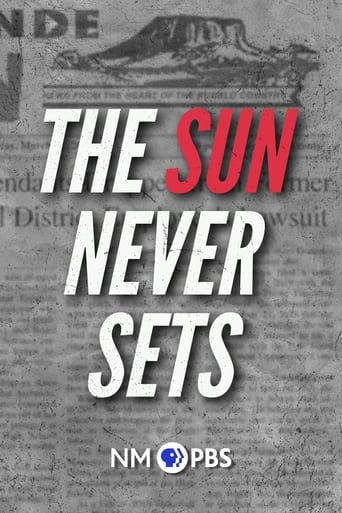
17 Oct 2012

Smithsonian Magazine once asked the rhetorical question, 'Can a weekly paper in rural New Mexico raise enough hell to keep its readers hungry for more, week after week?' The Rio Grande Sun, published in Espanola, New Mexico is considered one of the best weekly newspapers in the country. The Sun is known for its investigative reporting. It broke the story that its own rural community had the highest per capita heroin overdose rate in the country. It has led the fight for open records and open meetings in a county where political shenanigans are the rule. The film follows the Sun's reporters and editors as they write about the news, the sports, the art and culture of a large rural county. John Burnett, an NPR correspondent, reports on the Sun's Police Blotter--'the best in the country.' Tony Hillerman, the celebrated author and newspaper editor, speaks eloquently about the value of community newspapers. The Sun Never Sets is narrated by Bob Edwards, Peabody Award winning news anchor.

02 Dec 2022

No overview found

06 Apr 2024

Hacking at Leaves documents artist and hazmat-suit aficionado Johannes Grenzfurthner as he attempts to come to terms with the United States' colonial past, Navajo tribal history, and the hacker movement. The story hones in on a small tinker space in Durango, Colorado, that made significant contributions to worldwide COVID relief efforts. But things go awry when Uncle Sam interferes with the film's production.
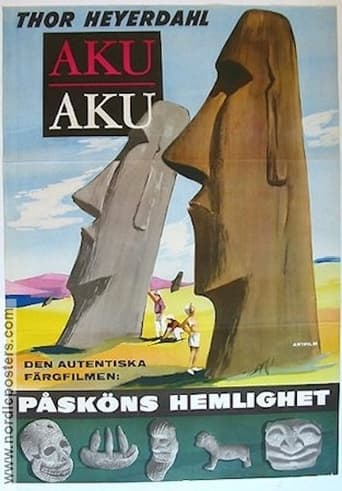
22 Jan 1960

Documentary following the 1955–1956 Norwegian Archaeological Expedition's investigations of Polynesian history and culture at Easter Island.
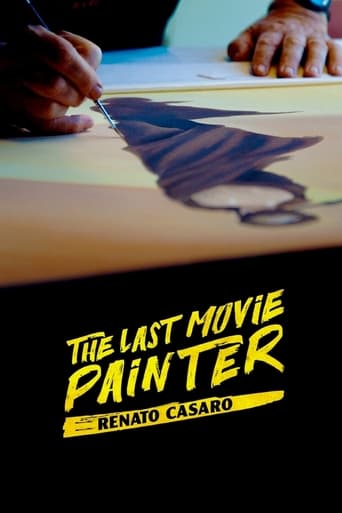
06 Feb 2020

A fantastic journey through the world of Renato Casaro, one of the most important illustrators that the world’s film poster industry has ever known.
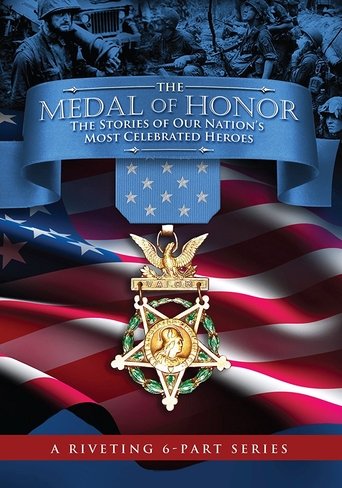
03 Apr 2012

The Medal of Honor is awarded for conspicuous gallantry and intrepidity at the risk of his or her life above and beyond the call of duty while engaged in an action against an enemy of the United States. This 6-part documentary chronicles the highest award given to military personnel for their extreme bravery, valor and harrowing sacrifices. Covering the Civil War through the wars in Iraq and Afghanistan, learn about the most courageous acts performed by the people who fight for American freedom. These are their stories...

02 May 2016

Two elderly sisters share the delicate art of making traditional Hungarian strudel and reveal a deeply personal family story about their mother, who taught them everything they know.

23 Oct 1960

The legendary true story of a small band of soldiers who sacrificed their lives in hopeless combat against a massive army in order to prevent a tyrant from smashing the new Republic of Texas.
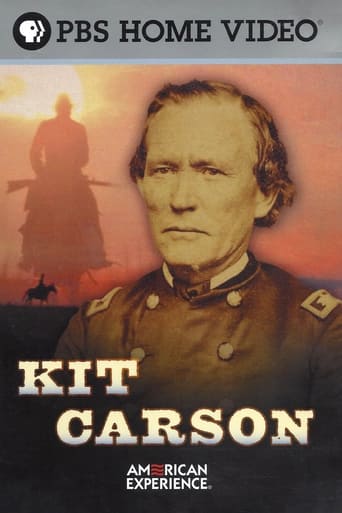
18 Feb 2008

An illiterate mountain man, Kit Carson was fluent in Spanish and five Indian languages; he twice married Native American women, yet led a brutal war against the Navajo. When the West was a mystery to most Americans, Carson mastered it, and his expertise made him not only famous, but also sought after. Eventually, by helping to spur a migration that would change the West forever, he unwittingly became an agent in the destruction of the life he loved.